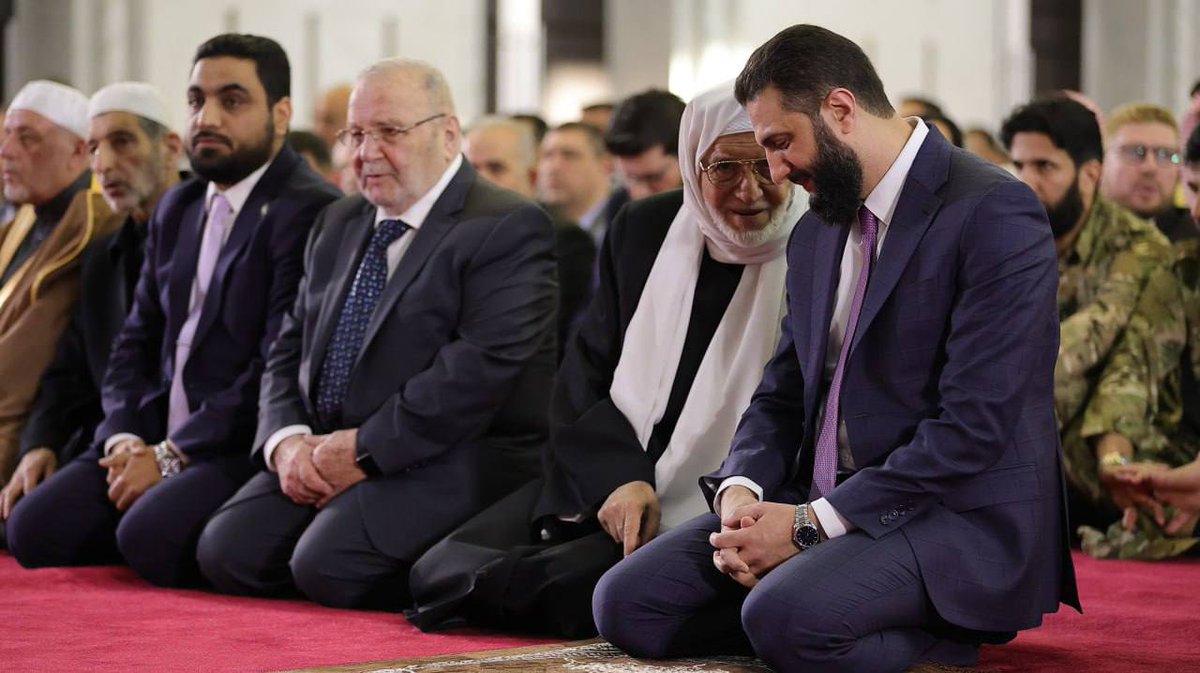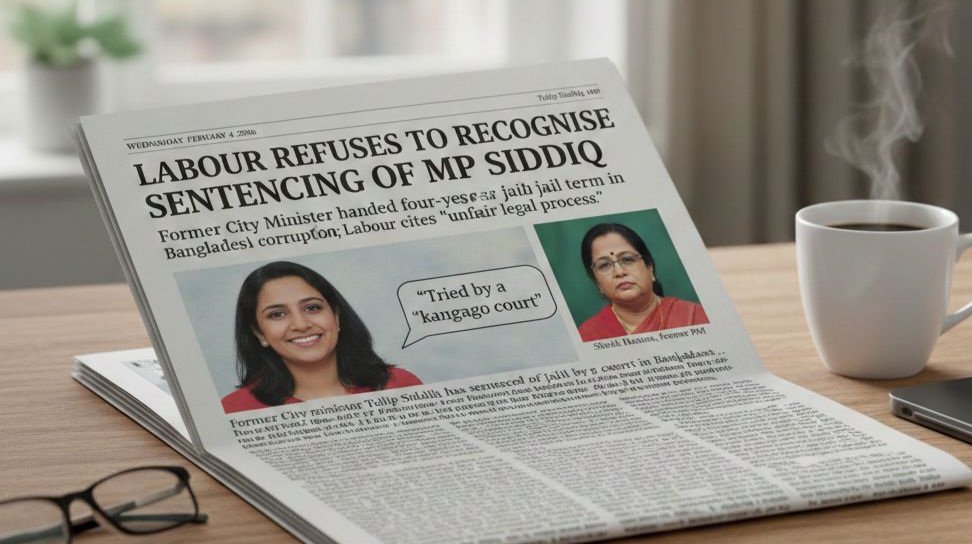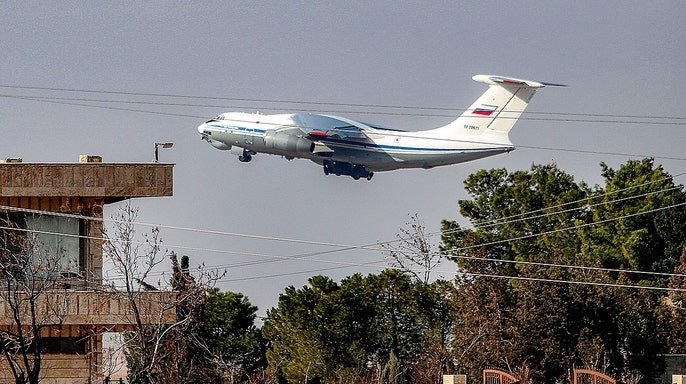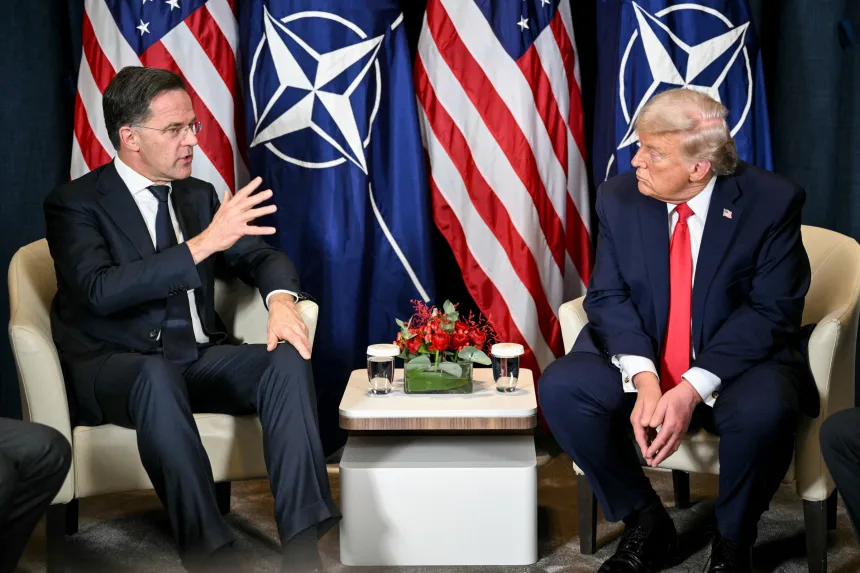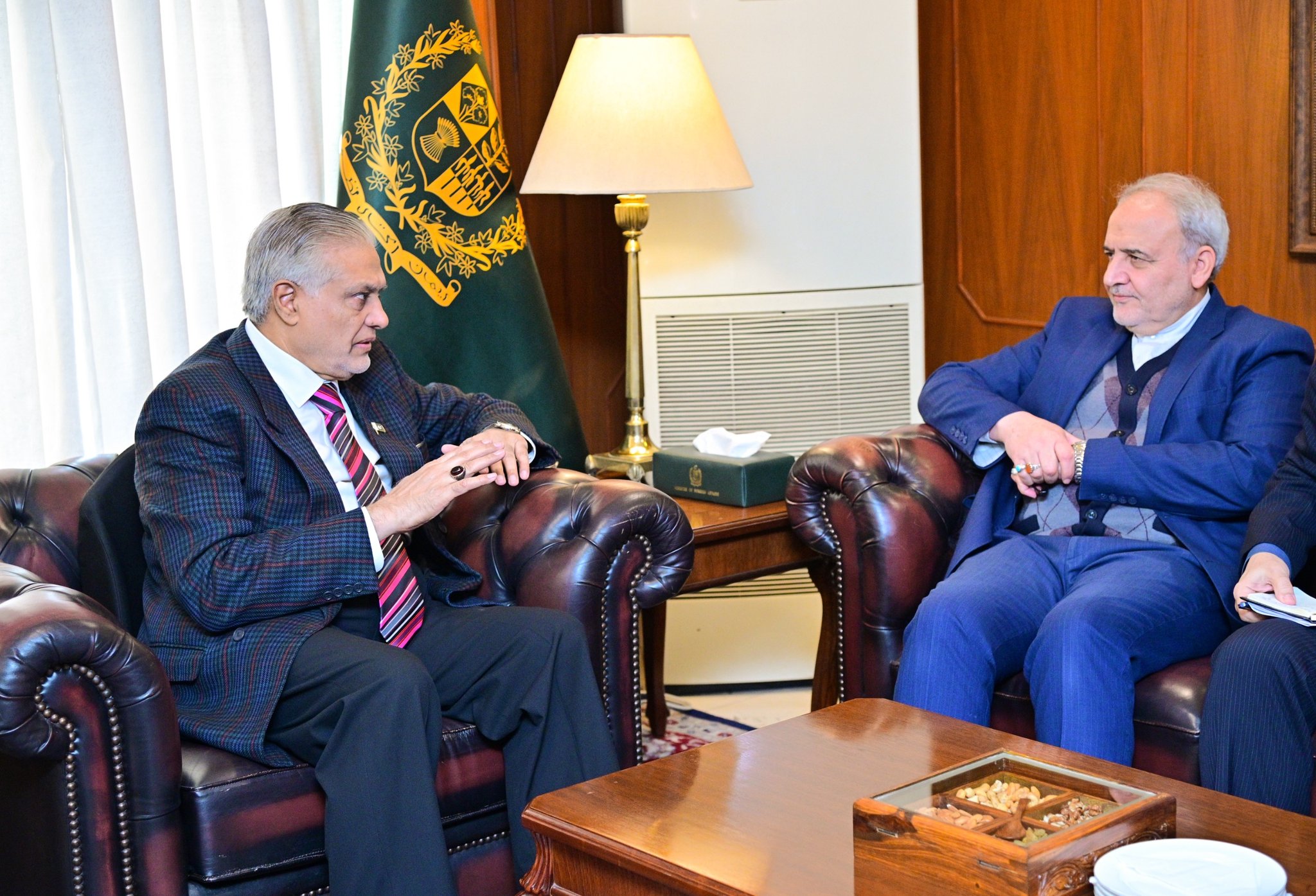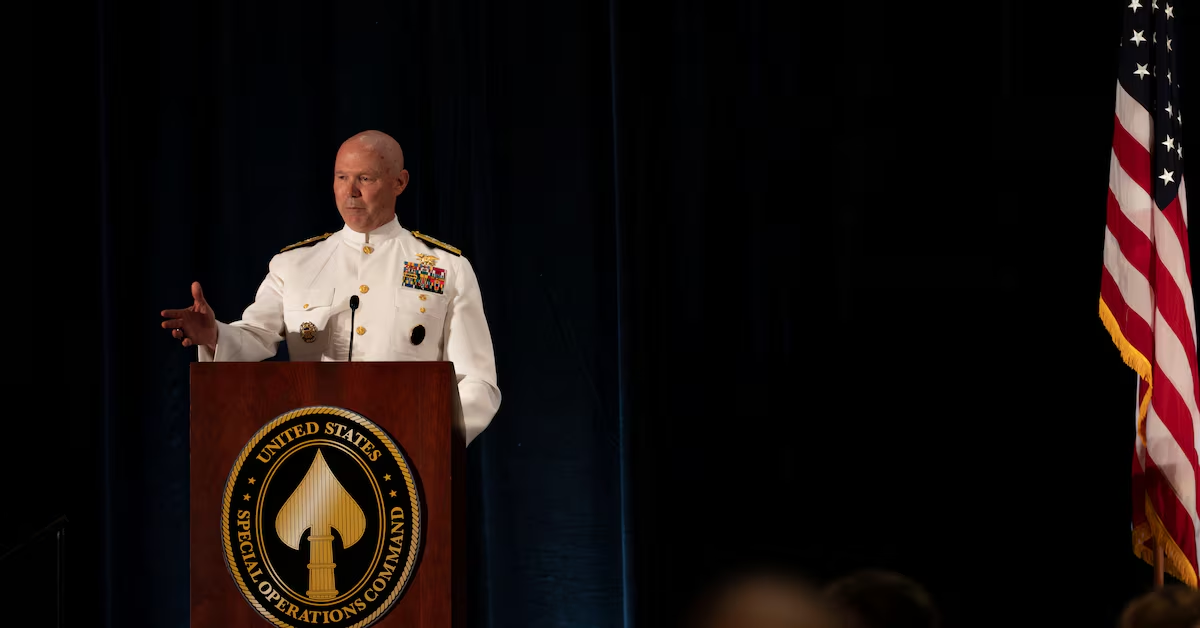New Government Working on Syria's Reconstruction, Acknowledges It Cannot Satisfy Everyone – Interim Government Head
Damascus, April 1, 2025: Syria's interim President Ahmed al-Shara stated on Monday that the new government will strive for consensus in rebuilding the country, but he acknowledged that it would not be able to satisfy everyone.
The 23-member interim cabinet, announced on Saturday, which lacks a prime minister, is the result of a major political shift over the past three months. During this time, Shara's Islamist group, Hayat Tahrir al-Sham (HTS), carried out an attack that ousted long-time President Bashar al-Assad from power.
The Kurdish-led autonomous administration in northeastern Syria has rejected the legitimacy of the new government, stating that it does not reflect the country’s diversity. Shara emphasized that the new government’s goal is to rebuild Syria, but warned that "it will not be able to please everyone."
He stated, "Any action we take will not be unanimously approved — that is normal, but we must strive to achieve as much consensus as possible." He made these remarks during a gathering at the Presidential Palace after the Eid al-Fitr Muslim festival prayers.
The interim government is attempting to rebuild Syria and reunite its institutions after 14 years of civil war. Shara’s close supporters and those affiliated with him are the majority members of the new cabinet.
Shara said the ministers were selected based on their qualifications and skills, "without any specific ideological or political perspective."
Most of the new government’s members are Sunni Muslims, reflecting Syria’s religious makeup, which had been long governed by the Alawite minority.
Despite calls from the international community for a transformation based on inclusivity, the new cabinet includes four ministers from Syria’s minority groups — one Christian, one Druze, one Kurd, and one Alawite — but none hold significant positions.
Shara noted that the new government’s formation "reflects the diversity of Syrian society," but rejected a quota system for religious or ethnic minorities, choosing instead a "participation-based" selection process.
"A new history is being written for Syria... We are all writing it," he said.
This month, Shara signed a constitutional declaration regarding the country’s interim period, which is set for five years. Some experts and rights groups have warned that this concentrates power in Shara’s hands and does not provide sufficient protection for minorities.
This month, after Assad’s ousting, the largest sectarian massacre occurred, with civilian killings happening in Alawite-majority areas.
Shara has previously pledged to "take action against those responsible for civilian killings" and announced the formation of an investigative committee.


